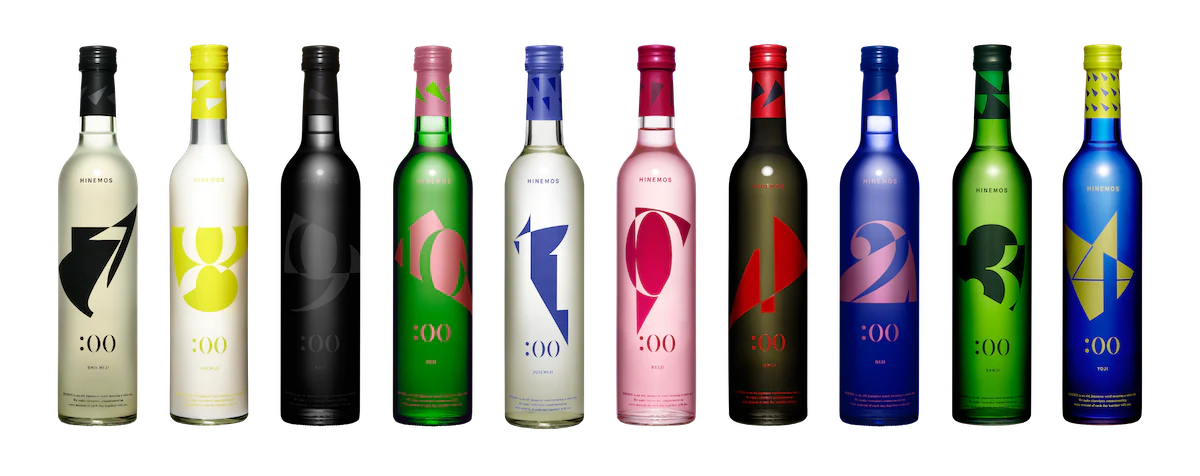Hitachi grows its cell therapy portfolio, SoftBank slims down in India and Foresight Williams backs ID tags for diamonds.

Hitachi boosts its cell therapy portfolio
One of the largest rounds of the year so far was the $220m series B raise by US-based cell therapy developer Arsenal Bio, with pharmaceutical firm Bristol Myers Squibb, telecommunications group SoftBank and electronics conglomerate Hitachi participating.
Arsenal Bio intends to use the cash to increase its headcount and conduct clinical trials for its candidates including lead asset AB-1015, an integrated circuit T cell used to treat ovarian cancer.
While Bristol Myers Squibb and SoftBank have already backed plenty of healthcare and pharmaceutical companies, Hitachi Ventures might be a lesser-known player in the field. One of Hitachi Ventures’ target areas is smart life, which encompasses areas including digital healthcare and data-driven precision medicine. Its portfolio companies include Huma, Scipher Medicine and Proscia, having also exited Sophia Genetics in a $234m IPO in November 2021.
SoftBank reduces cheque size in India
Last month, SoftBank said its Vision Funds would invest less money than the year before after a record $26.2bn quarterly loss and this latest investment shows what that looks like. According to Reuter, SoftBank is in talks to provide $35m for India-based vehicle maintenance and repair service GoMechanic. It would be the internet and telecommunications group’s Vision Fund’s smallest investment in the country. By comparison last year the Vision Funds invested some $4bn in the country, including taking part in a $570m funding round for online reselling platform Meesho.
Can Lotte help make sake trendy?
Lotte Ventures Japan, the regional corporate venturing arm formed by South Korean diversified chaebol Lotte Group in April this year, has announced what might be its first publicly disclosed deal. The unit has participated in a $2m series A round for RiceWine, the Japan-based owner of sake brand Hinemos, which was created in 2019 by an IT professional, Yuta Fukanoki.
Lotte, while being a big conglomerate that does everything from tourism to petrochemicals, has a food and drink division, and already has a Korean rice wine brand, Lotte Chilsung Beverage, but has said it wants to expand this part of the business.
The Japanese alcoholic beverage industry has suffered tremendously during the pandemic — the country had banned public alcohol consumption after 8 pm during its covid-induced state of emergency and only lifted the restriction in November 2021. But nevertheless, Hinemos — which is revamping the image of sake with contemporary labels and a number of distinctive flavours — has now sold more than 150,000 bottles of sake and has expanded into international markets such as China and Taiwan.
Ringier helps LiveScore expand in Central and Eastern Europe
Swiss media group Ringier invested $50m in UK-based real-time sports updates and streaming provider LiveScore Group, valuing the latter at $579m. The strategic deal makes sense given that created a digital sports division — Ringier Sports Media Group — in May this year.
The money will help LiveScore grow its brands — LiveScore, LiveScore Bet and Virgin Bet — especially in Central and Eastern European markets, where Ringier has a strong sports media presence.
ID numbers for diamonds — with potential use for quantum computing
The £3.5m funding for Oxford University spinout Opsydia, was small but perfectly formed, much like the diamonds that Opsydia works with. The company has a sub-surface laser technique that can put a unique identifier, invisible to the naked eye, on diamonds. This would help ensure that diamonds could be identified and traced — increasingly useful as consumers are keen to not buy unethically mined gems.
But even more interesting is the fact that the same technology could be used in the emerging field of diamond-based electronics and diamond-based quantum computing. No wonder Foresight Williams, the investment collaboration between Foresight Group and Williams Advanced Engineering, was happy to take an early bet on this.
Lightyear’s solar-powered cars head for production
Lightyear, the six-year-old Dutch startup developing a hybrid solar-powered car, received an $81m funding round from investors including Dutch insurer Dela and Dutch conglomerate SHV Holdings. The cash injection means that Lightyear can finally put into production the first 1,000 or so vehicles. The cars are designed to be recharged — at least partly — through embedded solar panels. Under optimal conditions during a sunny summer, you might be able to drive them 40 miles a day without ever plugging them into a charging station. They won’t come cheap, however, with a price tag of $250,000.
Additional reporting by Edison Fu.








